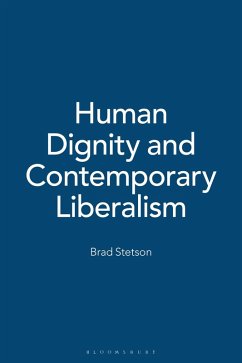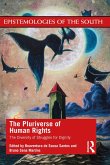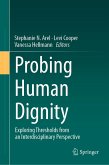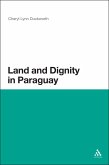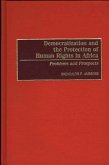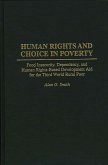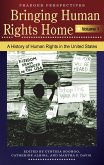The author of Human Dignity and Contemporary Liberalism argues that the nature and application of contemporary liberalism is significantly dissonant with the deepest inclinations and most persistent moral sentiments of human beings, and it therefore distorts human self-understanding and defaces human dignity. This mismatch between human nature and the essence of contemporary liberalism hobbles our public life, and-the author suggests-is the Gordian knot that must be loosed if the new millennium is to manifest a more humane and satisfying American civitas. This wide-ranging book begins with a discussion of certain consequences and implications of contemporary liberalism's heavy emphasis on individual rights, moving into a reflection on two general categories of human dignity, suggesting that there is in contemporary liberal thought a lack of clarity concerning the meaning and gravity of this concept. The focus then shifts to the idea of desert or deservingness. The viability of desert, rightly understood, is advanced as a useful general concept for understanding American public life, and as an important tool for restoring a measure of common sense to our politics. The second section of the book concentrates on the actual application of contemporary liberalism's values as it has occurred since the 1960s, particularly in the culturally contentious areas of race and abortion. Emerging from this survey is an unflattering image of a political paradigm which, according to the author, must be abandoned, or at least radically revised, if America is to strike a posture of moral intensity and genuine social understanding.
Bitte wählen Sie Ihr Anliegen aus.
Rechnungen
Retourenschein anfordern
Bestellstatus
Storno

